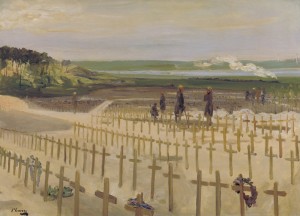Contributed by Matt Oswin, Shaw Ridge Primary School, Swindon
We have recently started a blog with our Year 6 children. In addition to sharing examples of their work and activities in school, each week on a Monday, a ‘Question of the Week’ is asked. This question can be about any subject, but does not have a ‘right’ answer that can just be Googled. To mark the centenary of the assassination of Archduke Franz Ferdinand on 28 June, the question of the week was: If the Archduke had not been assassinated, would World War I have happened? We recorded the opinions of some of the class and received comments from around the world; these can be heard and read here.

